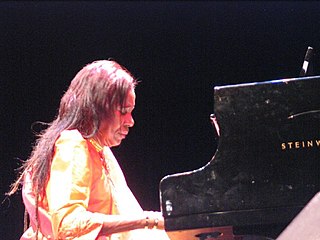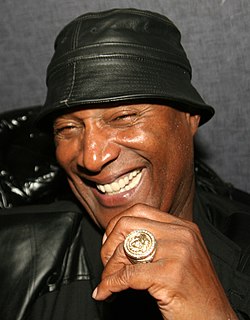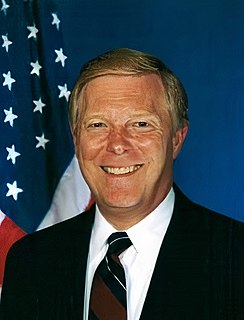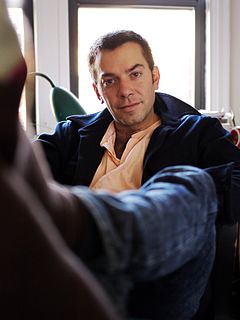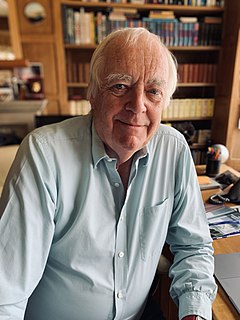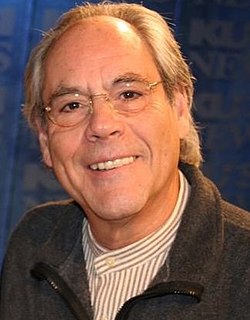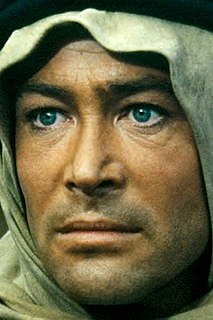A Quote by Lily Koppel
Maybe the '50s and '60s were more awkward because everyone knew there were things under the surface, but no one talked about them.
Related Quotes
I think Hollywood has gone in a disastrous path. It's terrible. The years of cinema that were great were the '30s, '40s, not so much the '50s...but then the foreign films took over and it was a great age of cinema as American directors were influenced by them and that fueled the '50s and '60s and '70s.
I grew up in the '50s and '60s when Jack Kennedy was president. We would watch him on television. And our teachers always talked about the good things public servants could do. I thought maybe that's something I should do. So when I got out of law school, my wife, Jane, and I became precinct captains.
Not only was Dan Cooper likely an alias, but many people suspected at the time were people living under assumed names. The '50s and '60s were a time when some people were desperate to leave their lives. They felt trapped in their marriages or their jobs, and they were seeking freedom. And one of the ways to do that, because technology wasn't advanced as it is today, was just to take over somebody's name.
There was so much on 'Superstar' that we didn't intend. I mean, there were things that we did which were innovative, but some of them were forced on us because we couldn't get anybody to do the show. 'Evita' was much more sophisticated. That doesn't make it better, but it does make it different. We knew what we were doing.

